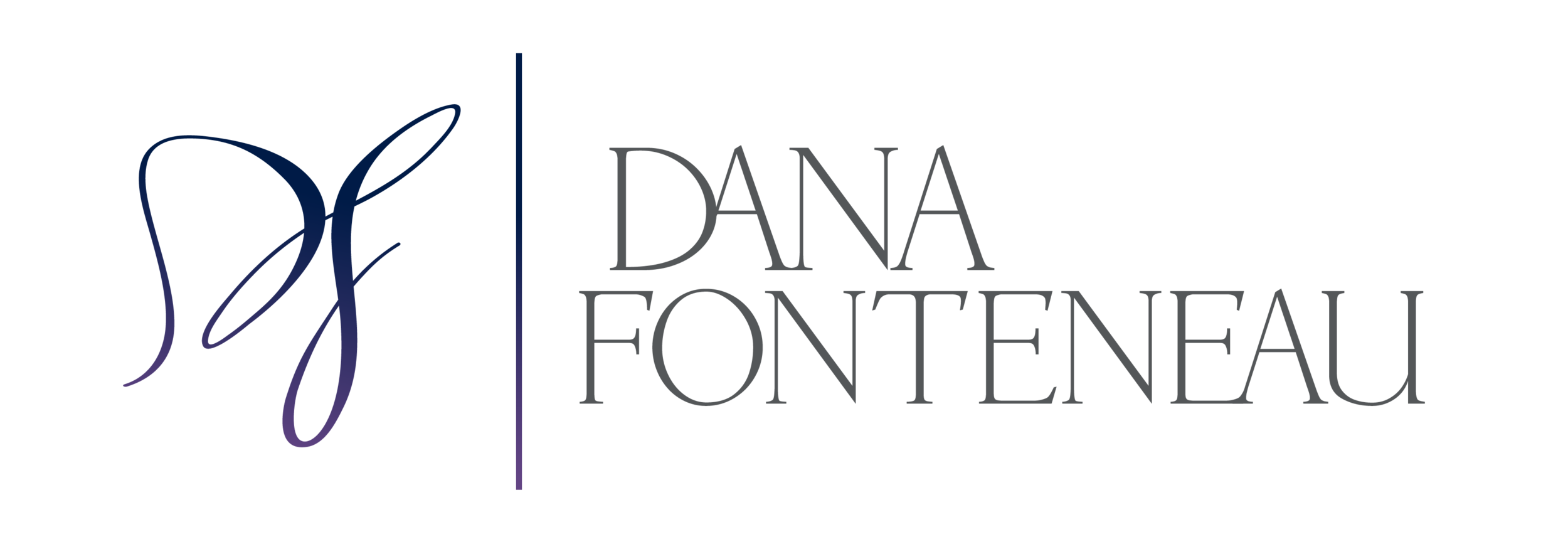Why is it So Hard for Musicians to Ask for Help?
I recently started a discussion on Facebook where I asked these questions: “Why in the music world is there a stigma on personal development, coaching, and therapy? And why are we so afraid to talk about the challenges we face such as money, stage fright, and injuries?
It’s shown that every great athlete, CEO and business owner has a coach, mentor, and emotional support system. They know the wisdom of having guidance to support their growth, face challenges and see their blind spots.
Why then do artists (one of the most unempowered professions) have such a stigma on therapy and career coaching, when in my opinion we actually need it the most?”
The responses I got were fascinating, with a full range of responses that only left more open-ended questions.
Some people completely agreed and were grateful the discussion was happening, while others said “athletes can afford a coach” and some disagreed saying that the person had nothing to do with the performance.
What do you think?
Do you think artists need help? If so, why do you think it’s so hard for us to talk about?
My experience as a performer was that I believed if I just performed well enough, the rest would be taken care of by itself.
At the height of my performing career, I suffered from tendonitis. I was terrified that my physical challenges would destroy my career success because I believed if people knew I was injured my opportunities would get passed on to someone else waiting in the wings.
At that time I didn’t have any money because I wasn’t thinking that career success was about money. I thought success was about getting the best opportunities and playing with the best people. I didn’t feel like I could afford to pay for help.
Can you see the downward spiral?
When I look at the profession it seems like we have a lot of secrets. There’s this interesting aura of mystery around topics like money, career advancement, and health and wellness. We talk a lot about these topics off the record, but a lot of it is hearsay passed along from person to person.
Where for example to do you learn how to negotiate a contract? Where do you learn how to have conversations about negotiating a congruent fee for a gig? Where do you learn how to figure out investing, retirement and how to buy a great instrument?
We often expect our teachers and mentors to pass along their experiences and hope that this is enough to get us through. But what if their experiences aren’t relevant to your current experiences for example?
Many of the professions master teachers are not faced with the financial reality that most graduates face now such as student loan debt. According to this recent article: “Americans owe over $1.48 trillion in student loan debt, spread out among about 44 million borrowers. That’s about $620 billion more than the total U.S. credit card debt. In fact, the average Class of 2016 graduate has $37,172 in student loan debt, up six percent from last year.”
Your teacher’s financial reality and experience may be very different than what you face. Where do you turn to get advice? Family? Friends? The internet? How do you know what advice to follow?
Many performing artists seem to believe that asking for support is a sign of weakness, as if “you don’t have it all together.”
Others seem to believe that the person and the performer are separate entities. We all hear those stories of the talented genius who is a total jerk in real life. Apparently, we allow all kinds of atrocities if someone plays phenomenally well.
My experience has gone from believing all of the above to the exact opposite.
I think success is a team effort and we need all the support and guidance we can get. I have studied people that inspire me such Oprah, Tony Robbins and Roger Federer. They all have a team of people that support them personally and professionally.
The purpose of a support team is that they help:
- Hold you accountable
- Show you new points of view and point out your blind spots
- Help you recover from setbacks
- Create systems of habits and output that create success
- Reach your goals
- Set deadlines
- Give you solutions you wouldn’t figure out on your own
- Save you time
- Save you energy
- Connect you with people and resources you wouldn’t know on your own
- Having a coach or a therapist is not a sign of weakness but rather an investment in the future you want to create and the person you want to be.
The more we as an industry address our weakness with courage, the more empowered the whole profession becomes.
I’d love to hear your thoughts.
If you are interested in personal career coaching or consulting for your ensemble or organization click here.
